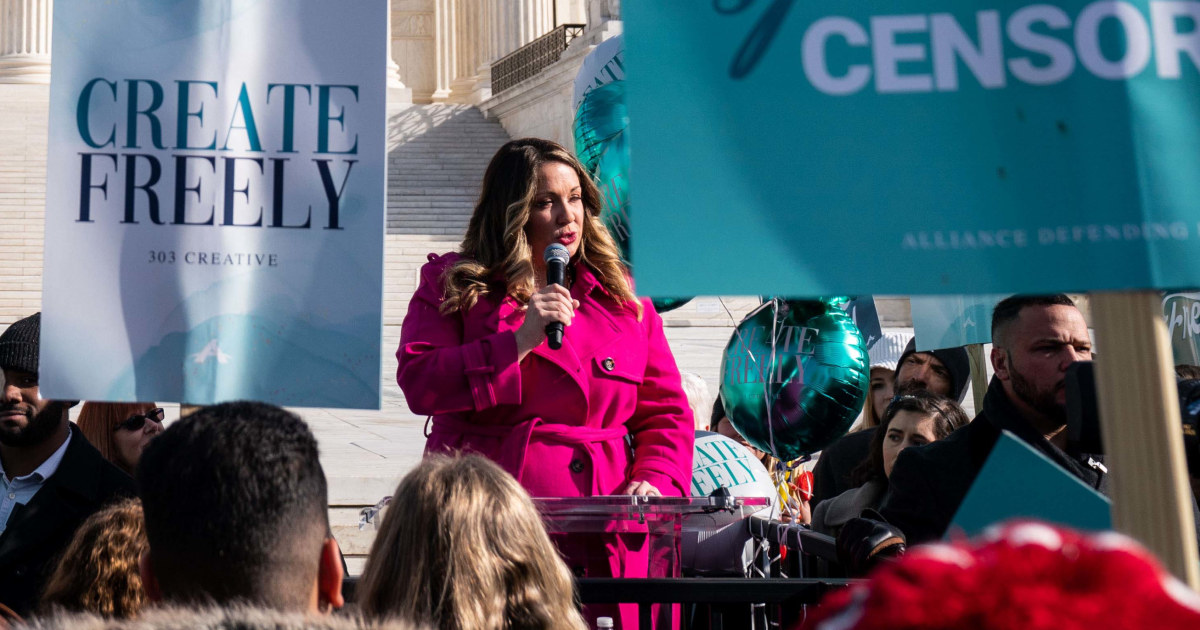- Feb 22, 2017
- 108,355
- 37,507
- 2,290
- Thread starter
- #21
Interesting point.
I don't know.
For the mail carrier - was Sundays always a part of the job description and he was just always given them off? If yes, then I would agree: tough shit. Is it, on the other hand, a new requirement? Then he might have a point.
The needs of an employer change over time. My wife was hired as Day Shift RN, and she is still made to work two weeks of night shifts every so often. Should she be able to get out of this due to some religious views about working after dark?
As for the web designer - if he/she doesn't want to design a web page for event/ behavior they disapprove of.
just go to another web designer and shut the fuck up.
I agree 100%.

